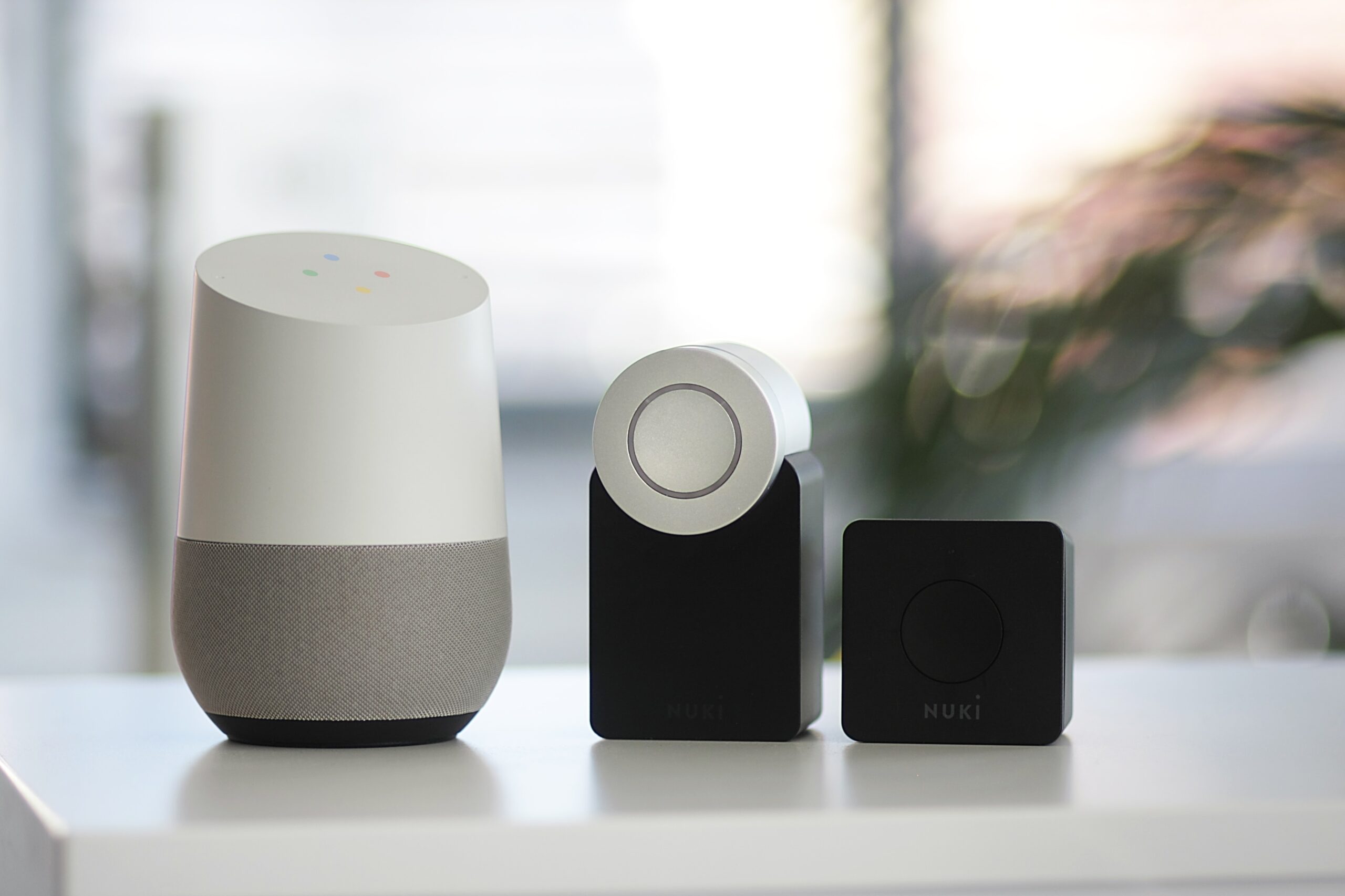We’re living in an era in which people are using their voices to do everything from shop to check the weather. Signs continue to indicate that the rise in voice is more than a passing trend. In fact, recent data shows that businesses need to pay closer attention to voice search and the impact it can have on advertising and organic content.
What Are the Latest Statistics about Voice?
- According to a 2019 report from Microsoft, 72 percent of people use voice search through a personal digital assistant, and 75 percent of households will be outfitted with at least one smart speaker by 2020.
- A 2018 BrightLocal study reveals that over a 12-month period, 58 percent of surveyed consumers used voice search to find local business information. In addition, Forbes notes that consumers want voice search to help them with myriad tasks, including:
-
- Making reservations.
- Gathering price data on services and products.
- Confirming whether an item is available.
- According to estimates from eMarketer, more than 74 million Americans — almost 27 percent of the U.S. population — will be using smart speakers in 2019, a 15 percent uptick from 2018.
What Should Businesses Do about Voice?
In short, it’s becoming a world in which businesses must be prepared to use voice for advertising. As Jelli CEO Mike Dougherty shared with Forbes, voice will “open up opportunities for marketers and brands to get creative and interact with customers in new ways . . . The goal of any marketer is to establish a genuine connection with customers. Voice is their chance to get one step closer.”
Jennifer Hungerbuhler, the EVP and managing director, local video and audio investment, at Dentsu Aegis Network, concurs. She also notes that voice search will not only be important in the marketing, advertising, and media worlds, it will continue to evolve.
How Should Businesses Prepare for Voice?
Part of staying relevant in a world of voice search means understanding voice, and creating content that optimizes how voice works. For instance, as we have discussed on our own blog, advertisers should evaluate voice search queries and pay attention to the conversational text that occurs.
Conversational text, which tends to be more complicated than simple Google searches, is a clear indicator of how people express themselves during voice search. It can be an excellent resource when companies want to write copy consistent with how people are using their voices to search. “Who,” “What,” “Where,” “When,” “Why,” and “How” are great words to focus on. Long-tail queries that include natural phrases such as “near me” or “can I get the number for” can also be useful/telling. These queries can help identify what consumers most want to know about a company’s products or services—and how they parse their request via voice.
As Hungerbuhler notes, “Advertisers will need to get better at understanding how consumers want to find them in voice, the language they will use to do so, and how they can get onto a shopping list.”
The bottom line? Search behaviors are different when consumers use voice. Because brands, increasingly, want voice assistants to find their site, savvy businesses will tweak their advertising and organic content accordingly.
What You Should Do Next
What are next steps in this brave new world?
- Prepare now by rethinking your approach to content.
- Don’t panic. Realize that even though people are using voice assistants, it doesn’t mean they are doing so in droves. According to research firm Stone Temple, voice assistants still rank behind other choices such as mobile browsers or search engine apps.
- But do act. Voice search isn’t going away. Andy Franco, the founder of Facebook advertising agency Live Surge, explains, “Just like search has become second nature to people who used to use card catalogs, voice is likely to be well used by those who are multitasking and need hands-free tools.”
Contact True Interactive
Contact True Interactive. We can help you better understand voice search as you craft your strategy.
Photo by Sebastian Scholz (Nuki) on Unsplash
